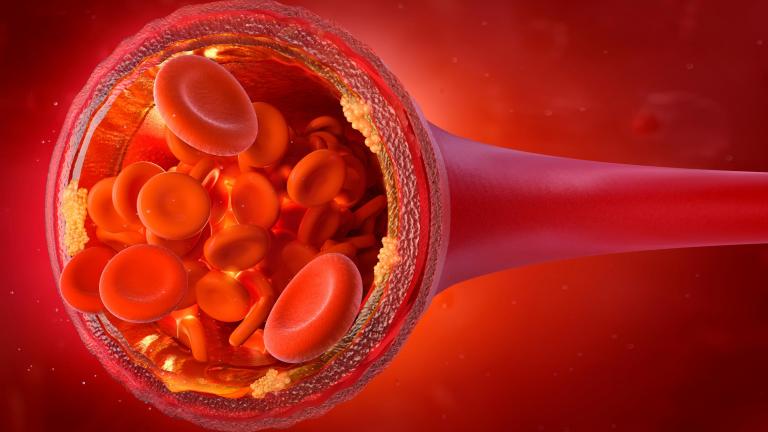All News

|
Research Feature
Joncita Todechine, a mother of four who lives on the Navajo Nation, knows all too well what can trigger asthma symptoms in her daughter Ashley. But she didn’t always. She recalls a time in 2013, living in Phoenix and attending medical assistant school, when she rushed her then-three-year-old to the Indian Medical Center. “She was really sick,”...
Showing 10 out of 284 results

|
Media Advisory
WHAT: The National Heart, Lung, and Blood Institute (NHLBI) announces new director of its Division of Blood Diseases and Resources WHO: Julie Panepinto, M.D., MSPH WHEN: Dr. Panepinto will start her new NHLBI position on January 15, 2023. WHERE: NHLBI of the National Institutes of Health BRIEF BIOGRAPHY: Dr. Julie Panepinto , a pediatric...

|
News Release
NIH-supported study finds no serious complications following rare immune condition A study of children and adolescents who received a COVID-19 vaccination following multisystem inflammatory syndrome (MIS-C) found that there were no reports of serious complications including myocarditis or MIS-C reoccurrence. About half of participants experienced...

|
Media Availability
WHAT: Two National Institute of Health-supported diets, Dietary Approaches to Stop Hypertension ( DASH ) and Therapeutic Lifestyle Changes ( TLC ), together earned five No. 1 spots in U.S. News & World Report’s 2023 “ Best Diets ” rankings. The National Heart, Lung, and Blood Institute (NHLBI), part of NIH, researched, developed and tested both...

|
News Release
NIH findings may provide early clues about increased risks for advanced biological aging and premature death Adults who stay well-hydrated appear to be healthier, develop fewer chronic conditions, such as heart and lung disease, and live longer than those who may not get sufficient fluids, according to a National Institutes of Health study...

|
News Release
Lower levels of HDL cholesterol were associated with increased risks for heart attacks in white but not Black adults, and higher levels were not protective for either group A National Institutes of Health-supported study found that high-density lipoprotein (HDL) cholesterol, often called the “good cholesterol,” may not be as effective as scientists...

|
News Release
Certain adults with this artery-blocking condition may see more benefits with an open bypass compared to less-invasive procedures to improve circulation Performing open bypass surgery to restore circulation for people with a severe form of peripheral artery disease (PAD) – a condition that limits blood flow to the legs and feet – resulted in better...

|
News Release
Telemedicine, home-monitoring may have helped lessen impact Adults with hypertension saw a small, but consequential, rise in their blood pressure levels during the first eight months of the COVID-19 pandemic, while the number of times they had their blood pressure measured dropped significantly, according to a study supported by the National...

|
News Release
Combining e-cigarettes with regular cigarettes may increase health risks Long-term use of electronic cigarettes, or vaping products, can significantly impair the function of the body’s blood vessels, increasing the risk for cardiovascular disease. Additionally, the use of both e-cigarettes and regular cigarettes may cause an even greater risk than...

|
News Release
White adults were twice as likely as Black adults to receive mechanical heart pumps or heart transplants Black adults treated at advanced heart failure centers received potentially life-changing therapies, such as transplants and heart pumps, about half as often as white adults, possibly due to racial bias, a small National Institutes of Health...

|
News Release
North Bethesda, MD – The Foundation for the National Institutes of Health (FNIH) and the National Heart, Lung, and Blood Institute (NHLBI) at the National Institutes of Health (NIH) are launching a new partnership to investigate the syndrome of heart failure with preserved ejection fraction (HFpEF). Developing precision treatment strategies for...

